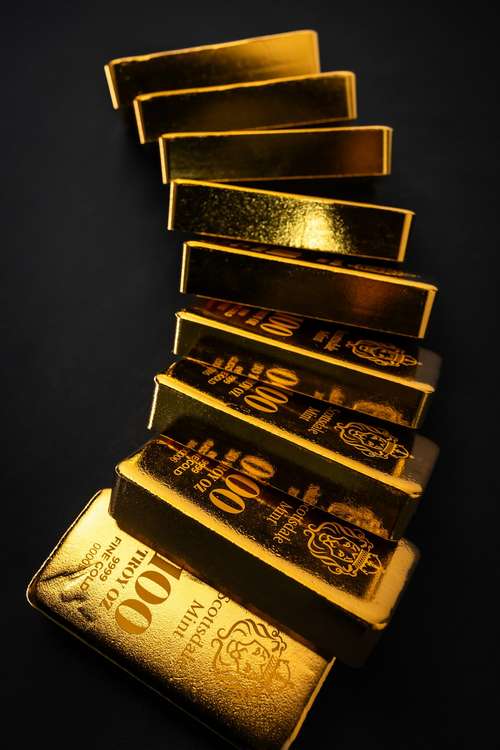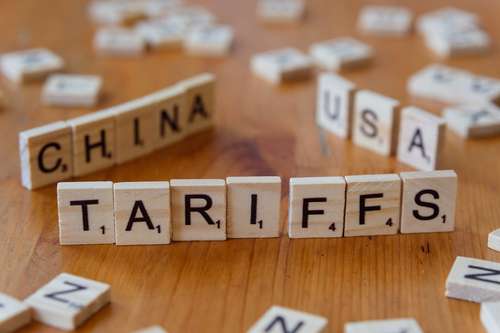Donald Trump allegedly made false claims that all sensitive materials had been returned while attempting to hide classified documents at his Mar-a-Lago residence.
According to court records submitted by the Department of Justice (DoJ), prosecutors requested a search warrant for the former president's Florida mansion after learning that top-secret materials were "likely" still stored there.
In spite of Mr. Trump's attorneys' claims that a "diligent search" of the property had been done, FBI investigators who performed a raid on it on August 8 discovered more than 100 classified items, some of which were hidden in Mr. Trump's desk drawer, according to court records.
When the DoJ began to believe that "government records were likely concealed" from prosecutors and that "efforts were likely taken to hinder the government's investigation," they acquired a warrant and pounced on Mar-a-Lago after months of negotiations with the former president's team.
The court brief highlights the severity of the legal issues that former US President Donald Trump is currently dealing with, including a criminal investigation into the removal of official records without authorization and potential accusations of obstructing justice and violating the Espionage Act.

A damaging image from the raid was included in the DoJ file, showing three yellow folders marked "Top Secret" and a red one marked "Secret" scattered on the Mar-a-Lago floor adjacent to the cardboard folder that contained them.
How sensitive the records were was made evident by one surprising detail in the filing: the investigators still needed a high level of security clearance to examine some of the information.
The most significant information claimed that, after receiving dozens of files back in June, prosecutors feared that Mr. Trump's attorneys had purposefully mislead the government by declaring there was no more secret material at the Florida residence.
Evan Corcoran, Mr. Trump's attorney, and Christina Bobb, his records custodian, were criticized harshly for their lackluster efforts to help the government by Jay Bratt, the DoJ counterintelligence head overseeing the prosecution team.
"The FBI, in a matter of hours, recovered twice as many documents with classification markings than the 'diligent search' that the former president's counsel had to carry out," Mr. Bratt wrote in the filing, "calls into serious question the representations made... and casts doubt on the extent of cooperation."

It is unknown what the documents contain or why Mr. Trump was so eager to save them. According to earlier reports, some of the material may have been connected to the US nuclear weapons program.
The filing was made by the DoJ in response to Mr. Trump's request for a special master, a judge-appointed arbitrator, to evaluate the records that had been seized and determine if they were covered by executive privilege from his administration.
The request for a special master was "unnecessary and would considerably undermine essential governmental interests," the DoJ claimed, dismissing the action as a stalling tactic.
The contents of the documents, and why Mr Trump was so anxious to hold on to them, are unknown. Previous reports have suggested that some of the material was related to the US’s nuclear weapons program.
The DoJ issued the filing in response to Mr Trump’s request for a special master – an arbiter appointed by a court – to conduct an independent review of the documents seized, claiming they were protected by executive privilege from his presidency.
The DoJ dismissed the move as a stalling tactic and said the request for a special master was “unnecessary and would significantly harm important governmental interests”.
The filing stated that Mr Trump has no grounds to sue for the return of the documents, because they are government property. Mr Bratt noted that Mr Trump never asserted executive privilege or declassified the documents prior to the FBI search, although Trump claims he has declassified some.




